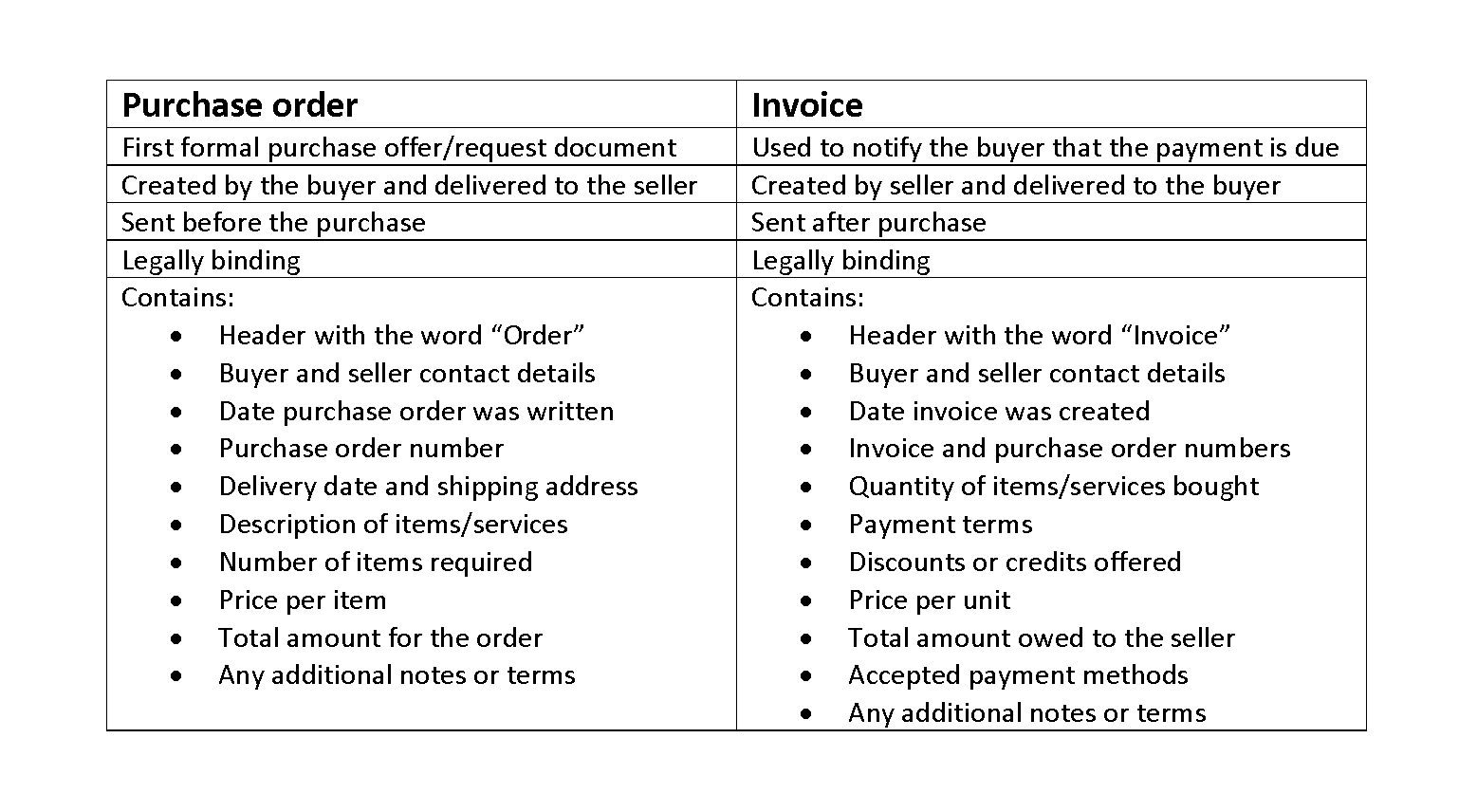Smart manufacturers rely on regular audits, automated reporting systems, and robust internal controls to ensure accuracy and transparency. Beyond merely satisfying compliance requirements, structured financial reporting delivers sharper insights that improve planning and strengthen decision-making across your operation. Implementing robust accounting practices can improve the business performance of manufacturing companies. Ensure compliance with accounting standards, such as Generally Accepted Accounting Principles (GAAP), International Financial Reporting Standards (IFRS), etc. Follow tax regulations related to cost allocation, inventory unearned revenue valuation, and financial disclosures.
- At its most basic level, the cost of goods sold is simply beginning inventory, plus purchases, minus ending inventory.
- From finance and accounting duties to managing critical financial tasks, we offer a range of services including cloud-based accounting, financial forecasting, and preparation of cash flow statements.
- If cash flow is a potential concern, addressing this constraint might involve securing manufacturing business funding beforehand to ensure it does not impede the overall production process in the facility.
- But in many cases, single-vendor software that offers near-unlimited features can be overwhelming or inefficient.
- Ongoing training for your team is vital to stay current with industry norms and compliance changes.
- Pricing plans are subscription-based, making it a scalable option for businesses of all sizes.
- Inventory and production equipment often represent the largest assets on a manufacturer’s balance sheet.
Analyze and monitor the performance
- The efficient flow of operations, from raw materials to finished products, is vital to meet customer demands and maintain a competitive edge in the industry.
- In addition to direct labor costs, indirect labor, such as maintenance staff or quality control, is accounted for in overhead.
- Manufacturers often face cash flow gaps due to long production cycles, high upfront costs, and delayed customer payments.
- Your company’s valuation largely depends on accurate financial reporting, especially during market assessments like an IPO or a buyout.
- Integrated accounting systems consolidate business processes and improve information flow, reducing operational costs.
- With numerous accounting methods and costing strategies that manufacturing businesses can use, it is always important to ensure that cash flow is maintained to avoid hiccups during production.
- Overall, ERPNext provides a viable free alternative with extensive features, but it may not fully meet the needs of larger businesses or those needing seamless e-commerce integration.
Finding a way to remain profitable while creating a culture of continuous improvement requires input from a team that understands this dynamic industry and anticipates emerging trends to help you accomplish your goals. Contact us now to learn about the manufacturing CPA services our dedicated manufacturing accountants can offer companies in the manufacturing sector. Leave no stone unturned in running your business and determining whether there are areas for improvement with the help of experienced professionals with years Suspense Account of experience in manufacturing and production accounting. Last, but certainly not least, your accounting software should be able to integrate with other systems.
Security and Compliance
Manufacturing businesses often have high fixed costs due to their large amount of inventory and equipment investments. manufacturing accounting As such, it’s crucial for them to have accurate financial records so they can manage their risk levels appropriately and stay compliant with tax codes and regulations. To understand why manufacturing accounting differs from other accounting forms, one must first understand how manufacturers produce their products. Most manufacturers use bills of materials (BOMs) to track the components needed for each product. Manufacturing accounting is integral to managing a successful business, as it helps businesses track costs and profits. This guide will cover the basics of manufacturing accounting and how it can help your business succeed.
How can manufacturing software improve accounting processes?
IFS Cloud (previously IFS 10.0) is a versatile enterprise software combining ERP, EAM, and ESM functionalities. Started in 1983, its latest version boasts an intuitive user interface built on a component-based, Service Oriented Architecture (SOA), emphasizing adaptability across core processes like Manufacturing and Supply Chain. Dynamics 365 Business Central is an ERP for small to mid-sized businesses, offering integrated solutions for finance, manufacturing, and sales. It seamlessly integrates with Microsoft tools, offers real-time cloud access, and scales with business growth. As goods are completed, the costs for the goods are moved from WIP to the company’s finished goods account. The dollar amount of the journal entry is determined by calculating the total cost of the goods completed.
At G-Squared Partners, we’ve seen firsthand how mastering these core principles transforms manufacturing businesses from financial uncertainty to strategic clarity. Let’s explore the five key principles that form the foundation of effective manufacturing cost accounting. Manufacturers routinely face shifting levels of demand, unexpected supply chain disruptions, labor shortages, constantly changing regulations, and countless other hurdles. At the same time, they also have to track inventory, manage production processes, and ensure their growth is scalable. Fixing these challenges means marrying ruthless numerical accuracy with strategic vision and the right digital tools. Our team speaks your language—understanding the difference between burden rates and absorption costing isn’t theoretical for us; it’s a typical Tuesday.
- The direct costs are often traceable to the creation of the product and the maintenance of low variability in the overheads allows businesses to ensure a healthy margin of profit.
- It enables business owners and finance departments to make informed decisions based on key financial ratios and critical financial indicators.
- This granular approach not only enhances transparency but also helps you identify opportunities to optimize cash flow and manage production costs effectively.
- Since each business has unique circumstances and financial goals, the chosen costing approach must provide the most relevant information for financial reporting.
- A relevant exception is inventory valuation which generally needs to conform to local jurisdictions for taxing purposes.
- To fully grasp its importance, you can dive into what accounting in manufacturing entails and how it operates within the industry.









